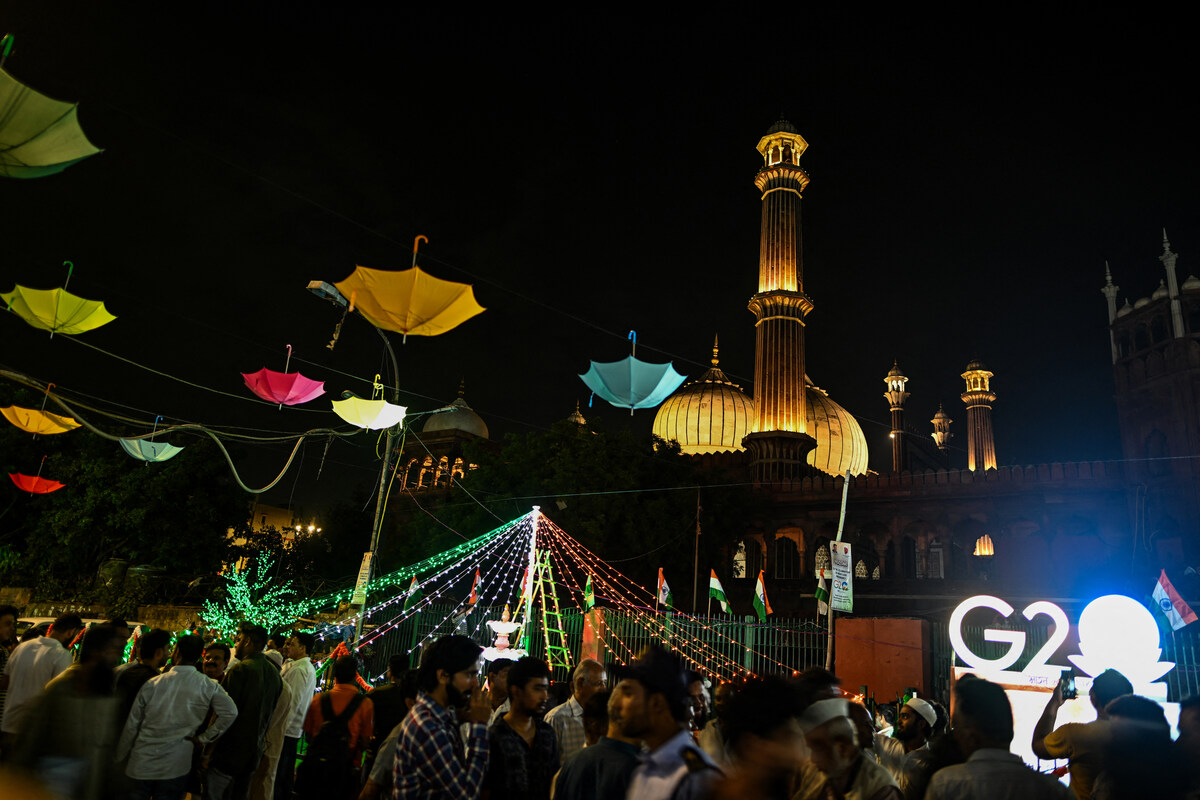Lucknow, India – The Indo-Islamic Cultural Foundation announced a change in the design of the mosque to be constructed on a five-acre plot in Ayodhya’s Dhannipur village, as awarded by the Supreme Court in the Ram Janmabhoomi-Babri Masjid verdict. The trust, responsible for building the mosque and other community facilities, has opted for a “grand” design inspired by mosques in Middle Eastern countries, according to trust chairman Zufar Farooqui, Indian dailies reported.
The previous design was based on Indian mosque architecture.
The new design, prepared by a Pune-based architect, was finalized during a meeting in Mumbai. The mosque will be larger than the previous plan and will be capable of accommodating over 5,000 people upon completion. The meeting was attended by clerics from various Islamic sects, including Sunni, Shia, Barelvi, and Deobandi, as well as representatives from political parties.
The mosque will be named after the Prophet ‘Mohammad Bin Abdullah’. In addition to the mosque, the trust plans to build a 300-bed charitable cancer hospital, with Dr. Habil Khorakiwala, chairman of the pharma company Wockhardt Group, agreeing to establish and run the hospital as a charity.
The Indo-Islamic Cultural Foundation has initiated a fundraising campaign in multiple states across the country, excluding Uttar Pradesh. They anticipate commencing construction on the grand mosque in Ayodhya in the near future. However, the proposed mosque and hospital’s plans remain with the Ayodhya Development Authority, pending the payment of Rs 1 crore in “development charges” by the trust.
The land for the mosque complex in Dhannipur village was provided to the Uttar Pradesh Sunni Central Waqf Board by the state government. Dhannipur village is situated approximately 22 km from the site of the Ram temple in Ayodhya.








